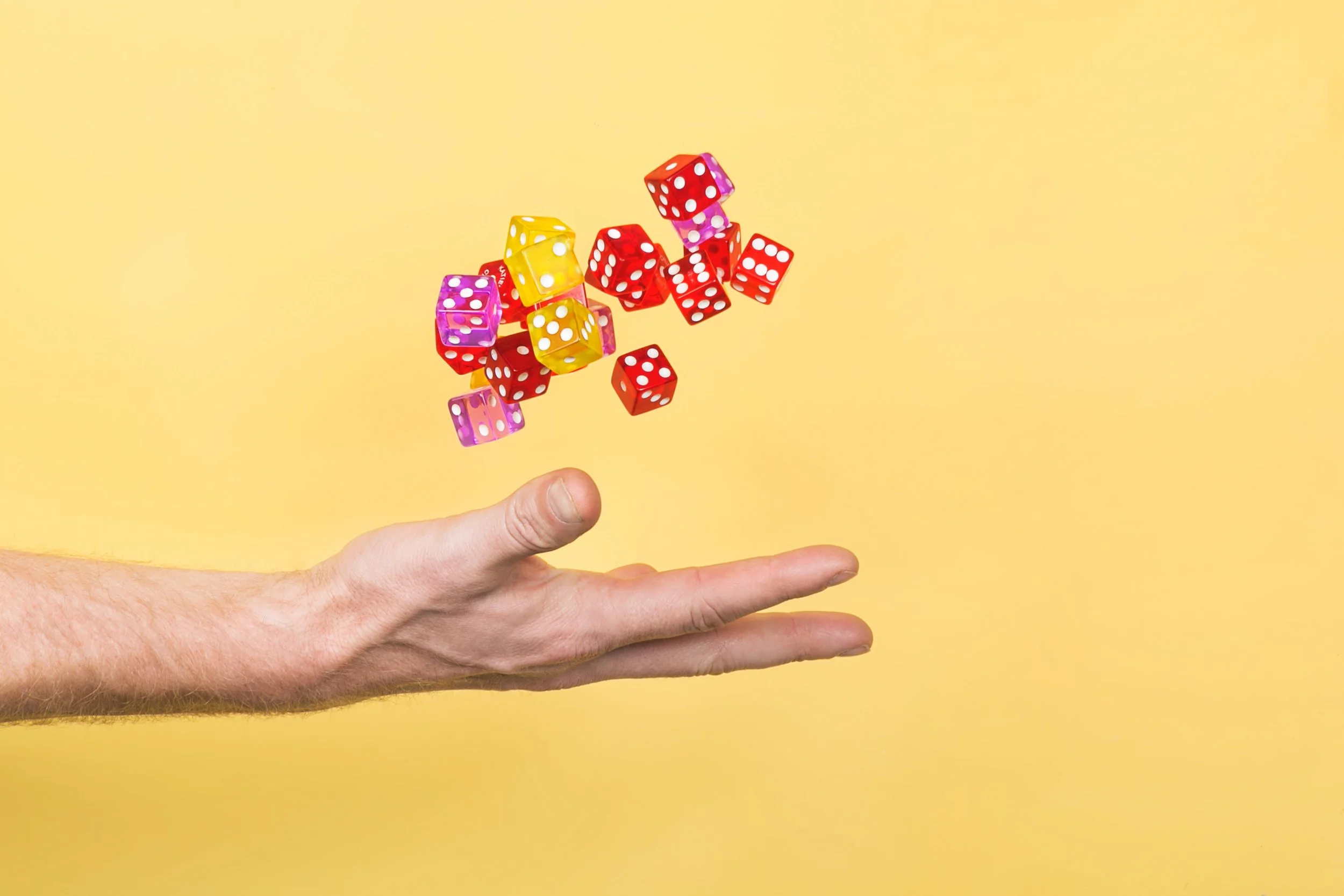Understanding Gambling Addiction: When Risk Turns into Routine
Gambling today is more accessible than ever — from online casinos and sports betting apps to social gaming platforms. For many people, gambling is just occasional entertainment. But for others, it can quietly grow into something that affects emotional well-being, relationships, and daily life.
If you live in or near places where gambling is common, such as southern Spain or Gibraltar, the environment can make it even easier to slip into unhealthy patterns. This article explores what gambling addiction looks like, why it develops, and how therapy can help.
What Is Gambling Addiction?
Gambling addiction — also called gambling disorder — is when a person becomes unable to control their gambling even when it causes harm. It’s not about how often you gamble; it’s about loss of control and emotional dependence.
Common features include:
increasing the amount of money gambled
chasing losses
struggling to stop
thinking about gambling constantly
using gambling to manage difficult emotions
It’s not a sign of weakness — it’s a response to deeper emotional patterns that can be understood and changed.
Why Gambling Becomes Addictive
Gambling activates the brain’s reward system. Each win, near-miss, or spin releases dopamine, making it easy to become hooked on the cycle of anticipation and reward.
But the emotional reasons are often deeper.
People may turn to gambling to escape:
stress
anxiety
loneliness
low mood
financial worries
a sense of emptiness or boredom
Over time, gambling becomes a way of coping — but it also creates more stress, shame, and difficulty.
Signs of Problem Gambling
You or someone you know may be struggling with gambling if:
You spend more than you can afford.
You hide or minimise gambling behaviour.
You experience guilt, shame, or anxiety after gambling.
You need to gamble with larger amounts to feel the same excitement.
You struggle to stop once you start.
You use gambling to escape personal or emotional problems.
Your relationships, work, or finances are affected.
These are not failures — they are signals that something deeper needs attention.
How Therapy Helps
Therapy offers a non-judgemental space to understand the emotional drivers behind gambling and to build healthier ways of coping.
Counselling can help you:
explore what gambling represents emotionally
identify triggers and patterns
manage urges with practical strategies
rebuild trust and stability in daily life
navigate financial stress or relationship strain
address anxiety, low mood, or shame connected to gambling
create a realistic plan for lifestyle change
You don’t have to give up gambling entirely if that’s not your goal — therapy focuses on regaining control and improving well-being.
Support for Family Members
It can be painful to watch someone you care about struggle with gambling.
Therapy can also support family members by helping with:
clearer communication
understanding the addictive cycle
setting boundaries
reducing conflict
managing your own emotional responses
You do not have to carry the burden alone.
When to Reach Out
It may be time to speak to a therapist if gambling is causing:
stress
anxiety or low mood
secrecy
financial pressure
conflict with family or friends
difficulty controlling urges
Acknowledging the issue is a powerful first step.
Support for Gambling Addiction
If gambling is affecting your life or your emotional health, help is available.
I offer confidential counselling online or in person for individuals and families.
Together, we can explore the underlying causes, rebuild balance, and create healthy coping strategies.
You deserve peace, clarity, and control — and you don’t have to do this alone.

